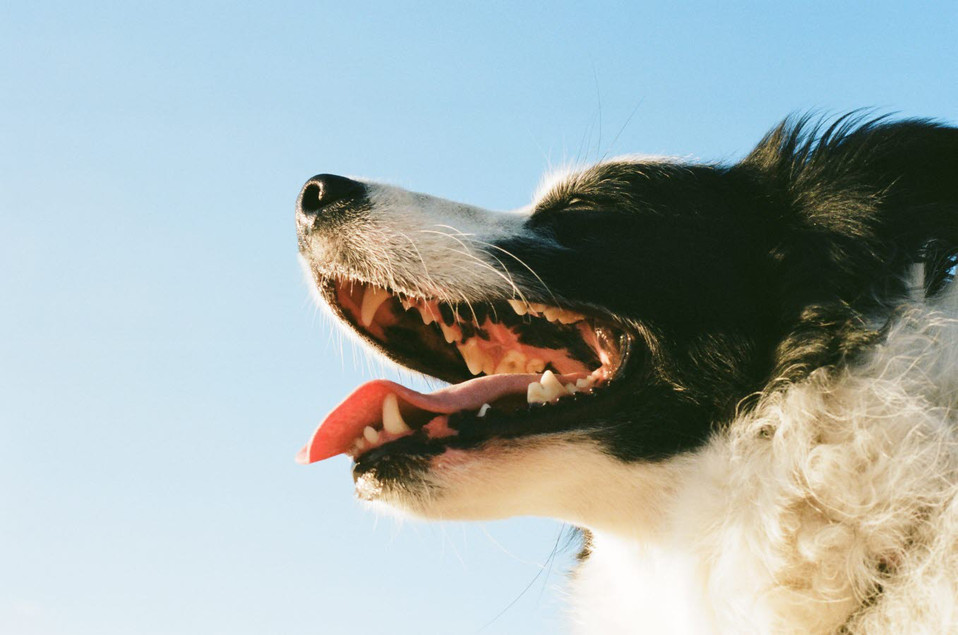Regular pet dental checks with vet vital to prevent dental disease
02 Aug 2021
Veterinarians help protect pets from dental disease by examining a pets’ teeth and mouth during check-ups, and by performing professional dental procedures to treat and prevent dental disease.
With Pet Dental Health Month this August, the Australian Veterinary Association (AVA) is reminding pet owners to book regular pet dental health checks with their veterinarian.
Dental disease is one of the most common problems diagnosed in Australian pets and if left untreated it can lead to bad breath, mouth infection, pain – and potentially life-threatening illness if bacteria from infected gums spreads to the pets’ internal organs.
“Dental disease occurs in 80% of dogs and cats aged over three years. Your local veterinarian can assess your pet’s mouth for signs of dental disease and discuss with you the best treatment options to ensure that your pet’s oral health is optimal,” said Dr Rebecca Nilsen, President of the Australian Veterinary Dental Society (AVDS), a special interest group of the AVA.
Treatment for dental disease will often include a recommendation for the veterinarian to perform a dental scale and polish procedure under general anaesthetic, which ensures a stress-free and pain-free experience for the pet.
Whilst the pet is anaesthetised, the veterinarian will perform a thorough examination of the oral cavity, to assess for any loose, fractured or infected teeth that may require extraction. Fractured teeth have been reported in almost 50% of companion animals - a condition associated with pain and infection.
Dental x-rays may be taken to assess the tooth roots and jaw structure for any hidden signs of disease. An ultrasonic scaler is used to carefully clean the pet’s teeth followed by the teeth being polished – resulting in a sparkling fresh mouth.
“We also want to warn pet owners that non-veterinary individuals who offer anaesthesia-free dentistry for pets is dangerous for your pet, and these procedures can be painful and cause distress to your pet.”
“So, remember to book your pet in with your veterinarian for a regular dental health check to receive the best professional advice around treating any dental disease your pet may have”, said Dr Nilsen.
Pets will often also benefit from special dental diets and safe dental chews, which can help maintain their oral health. Daily brushing of a pet’s teeth with a toothbrush and specially formulated pet toothpaste is the gold standard of at-home dental care for pets.
“Daily teeth brushing, and the use of safe dental chews and other products certified by the Veterinary Oral Health Council can reduce the frequency of professional dental cleanings for your pet. There are many products available, but not all products are effective – so talk to your veterinarian about their recommendations and whether it is safe to start using them with your pet.”
“By regularly lifting your pet's lips, you can check if any teeth are discoloured or if the gums are bleeding, or if there’s a strong odour or any sign of discomfort. If you have any concerns, book in to see your veterinarian – your pet’s dentist!”, said Dr Nilsen.
Visit the AVA's Vet Voice website for further information about dental care and dental procedures for your pet.
For further information and requests for interviews contact the AVA media office on 0439 628 898 or media@ava.com.au.
The Australian Veterinary Association (AVA) is the only national association representing veterinarians in Australia. Founded in 1921, the AVA today represents 9000 members working in all areas of animal science, health, and welfare.
